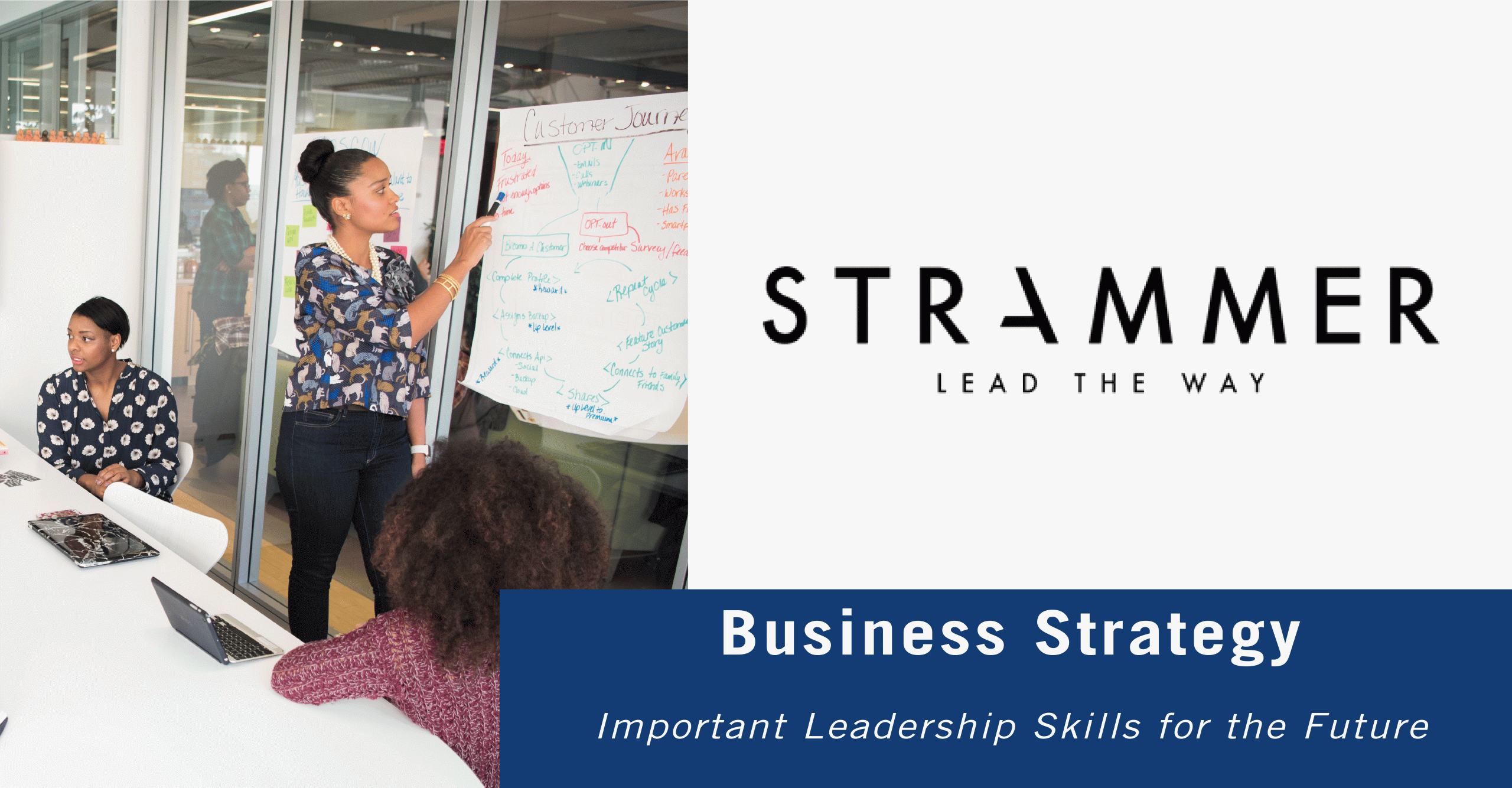Leadership Skills of the Future
According to research, just 18% of multinational companies report they have the leadership pipeline required to confront future challenges. This should come as a stark warning; if companies are to overcome the disruptions ahead and achieve growth, they must prepare current and future leaders with relevant skills.
In the current world of work, which many are characterising as VUCA (Volatility, Uncertainty, Complexity, Ambiguity), it will be important to have leaders capable of visualising multiple future scenarios and coming up with different solutions. This will require attributes like ‘openness to change’, ‘adaptability’, and ‘innovation.’
Additionally, due to technological advances and the rise of automation and robotics, soft skills and typically ´human´ qualities are predicted to become more valued in the workplace of the future. According to the World Economic Forum, one of these is Emotional Intelligence (EQ), which has also been shown by studies to enhance decision-making and morale. EQ could help leaders both manage their workforces more effectively and better understand customer needs. For instance, in their interactions with the workforce, leading with EQ may increase engagement and productivity, while in the latter case it can also help get into the mind of the customer and pinpoint where an organisation can add value.
Additionally, the changing demographic of the workforce may also be driving evolving expectations of leaders. Specifically, the younger generation (GenZ), which is now entering the workforce, wants empathetic people at the helm, as found in The Center for Generational Kinetics’ 2020 study: Solving the Remote Work Challenge Across Generations.
But as well as perfecting their own skill sets, leaders will be expected to adopt mentoring roles. This will involve identifying future leaders and preparing them with the skills and mindsets needed to succeed and achieve business continuity and growth in the years to come.
However, a recent survey suggests a lack of confidence among employees in their leaders´ capabilities to handle the changes ahead. LinkedIn´s and Jacob Morgan´s research on future leadership skills suggested that while leaders feel confident about their skill readiness, employees do not consider their leaders prepared. This suggests that leadership development and earning the confidence and trust of employees may be an important priority for businesses in overcoming technological challenges and building organisational readiness for the future of work.
References:
- This Is What Leadership Will Be In 2030, August 2020, Forbes.
- 4 Reasons Emotionally Intelligent Leaders Impact the Bottom Line, October 2020, Entrepreneur.





